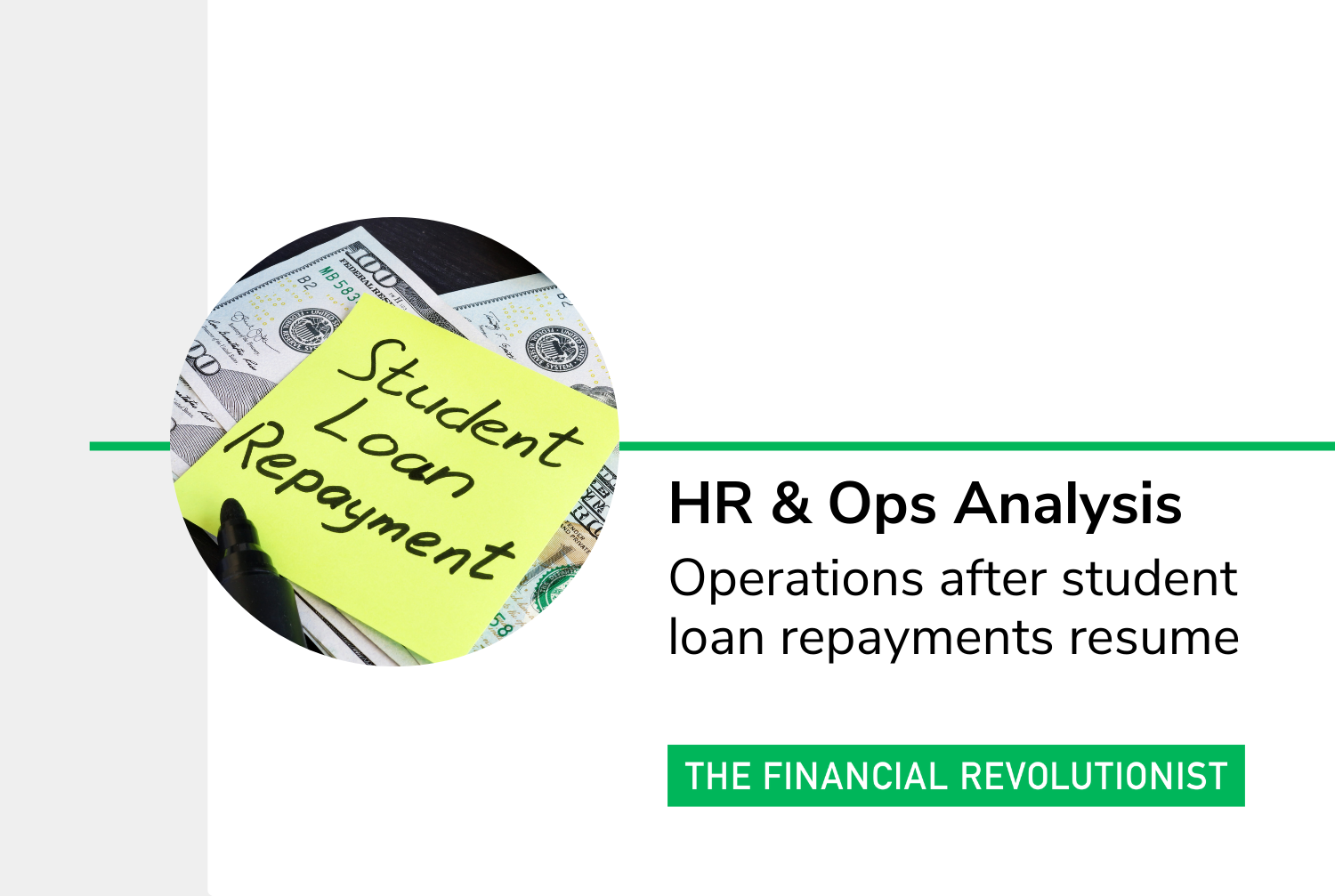Fintech News
Coverage of all the relevant fintech news. We distill the trends from daily headlines so you don’t have to.
To Justin Passalaqua, Country Director at Worldline, payments flows are a crucial node that help build and sustain consumer trust.
An ecosystem of regulating bodies and compliance frameworks is designed to bolster the relationship between consumers and financial institutions.
Consumer trust is an intangible but invaluable asset, which can sustain a business—and even help it scale.
How should fintechs show that they’re not like the other guys, define themselves as a category, and all the while keep the other-guy qualities that consumers enjoy?
According to Chermaine Hu, Co-Founder & CFO of Episode Six, the company’s internal focus on privacy in payments spans operational corporate functions.
Building out privacy-focused payments solutions requires a holistic and long-term approach to development, operations, and regulatory interfacing.
Teams highlighting the following three variables can help push payments into more privacy- and security-oriented directions.
Fintech products have helped make moving money more seamless and social—but they have also raised questions about how user data is collected, stored, and shared.
Seeing an opportunity to chip away at the issue, loan-focused fintechs have built a suite of HR-focused products and operational solutions.
According to Mick MacLaverty, Co-Founder & CEO of Highway Benefits, student loan repayment as a benefit is an effective and efficient piece of compensation that creates multiple stakeholders.
According to Laurel Taylor, Founder, CEO & Chairwoman of Candidly, a core part of Candidly’s mission is to enable an ecosystem of solutions to help employees maximize their savings, both through debt-repayment solutions as well as partners’ products.
According to Lissele Pratt, Co-Founder & Chief Growth Officer of Capitalixe, the firm is able to innovate from a business strategy perspective because of its internal operations and makeup.
Policies and regulations undergird investment trends, and can materially affect the kinds of projects and populations that end up seeing fintech-focused investment.
In an interview with The Financial Revolutionist, Amber Buker, Founder & CEO of Totem, outlines Totem’s founding story, describes the neobank’s partnership efforts with tribal nations, and differentiates its operations and sales from those of banking giants.
According to Diego Eguiarte, Founder and CEO of Nuestro Financial, serving Latino communities entails far more than operating bilingual support services.
By emphasizing retention and transparency, surviving crypto platforms—as well as newcomers—have moved to build out their communications, support, and research teams, solving for sustainable and informative relationships with users.
In an interview with The Financial Revolutionist, Katherine Kirkpatrick Bos, Chief Legal Officer at Cboe Digital, outlines the state of crypto regulation, makes a case for institutionally backed crypto solutions, and describes non-crypto use cases for blockchain technology.
While public attention remains focused on high-profile legal activity against symbolic leaders like Sam Bankman-Fried, other—more compliant—actors remain focused on recovering the sector’s status and helping it grow sustainably and transparently.
According to Mauricio Di Bartolomeo, Co-Founder and CSO of Ledn, the crypto landscape in the US is moving into another regulatory phase.
Ensuring that fintechs remain both holistic and focused requires internal discipline, thoughtful user research protocols, and dynamic compliance-related strategies.
From worker status to interest rates, a swath of legal and macroeconomic factors force fintechs serving gig workers to pay ongoing attention to lawmakers’ intentions and decisions.
Given the wide range of user needs gig workers face, fintechs tend to approach the platforms they work through as a vehicle for growth, rather than opting for a B2C path.
In anticipation of the flagship regional event, The Financial Revolutionist interviewed Sarah Biller, Co-Founder of Fintech Sandbox, to learn more about key features defining Boston Fintech Week this year.
Operating a retirement-focused fintech involves far more than building and scaling wealth-building solutions.
The FR interviews Eric Satz, Founder & CEO of Alto, on how the shifting legal status of crypto has affected its use in retirement products.
Highlighting the benefits of long-term financial strategies, and making finance accessible, are core components of the most successful initiatives.
While the crux of the retirement crisis is a political issue, rather than a product-related one, fintechs have a meaningful opportunity to address key parts of retirement, and open the door for more widespread and successful retirement solutions.
From sleek POS systems to supply-chain solutions, the sector’s products and services have transformed money into a source of data and actionable insight, helping business leaders make informed decisions about ways to expand their operations and delight customers.
While CMOs may appear to be among the least affected by regulatory shifts compared to other C-suites and their teams, an intricate web of laws and rulings substantially affect how CMOs work.
Experience in the industry lets CMOs recognize and reward savvy marketing strategies, while sniffing out more scammy, insincere, or uninspiring efforts.










































